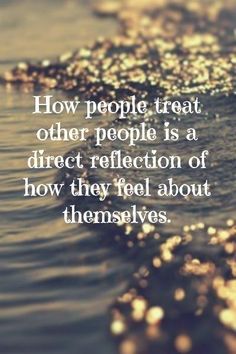
Fear is a strange thing.
When we’re children, it makes us scared, whether it’s the monster under the bed or that first failing grade. It might be the threat of punishment for our misdeeds, like soaping windows or making prank phone calls.
(Okay, I’m showing my age here. Do kids still do those things?)
Whatever the case may be, when we’re young we feel the fear; it’s simple and straight forward.
But, when we grow up, fear can manifest itself differently. Depending on the situation, it may come out as anger.
A therapist once told me that fear and anger are closely related, often involving other emotions such as guilt and hurt feelings.
Not so straight forward anymore.
When I think back on my own life I remember different scenarios that evoked both fear and anger. At various times, depending on my age, I responded to them very differently.
As I scrolled through social media this weekend, I got a strong sense that there are a lot of frightened people in the world today. While their fears might be somewhat different, the emotions they’re feeling are the same.
An Interpersonal Communications class taught me that we’re all unique in our worldview. The environments in which we grow up (nature and nurture) shape our beliefs and opinions about everything.
Lucky children experience unconditional love and kindness from their parents or caretakers. They’re taught to respect themselves and others.
However, many are not so fortunate. What we learn as youngsters create the type of adults we become.
After a certain age, this worldview is extremely difficult to change. It can be done, but only with honest self-reflection and a desire to better understand ourselves and others.
Realizing that our anger and hostility is a mask for fear can help us to become more compassionate with ourselves. Only then can we extend that compassion to those around us.
I do feel the majority of people want to achieve the same goals but have different ideas on how to reach them. If we want to accomplish anything, we have to begin by changing our attitudes.
Actively listening to the other person requires us to fully concentrate, understand, and respond in a respectful manner. This conveys to the speaker that we care about the feelings that lie beneath the words.
It’s the technique used in conflict resolution. Employing this approach with ourselves and others allows us to have an honest dialogue and struggle together toward a common goal.
Will it work every time? Probably not. Are there people who simply can’t be reached? Most likely.
But, one thing is certain. Not trying will ensure that we never reach common ground and to me, that’s the scariest thought of all.


You must be logged in to post a comment.